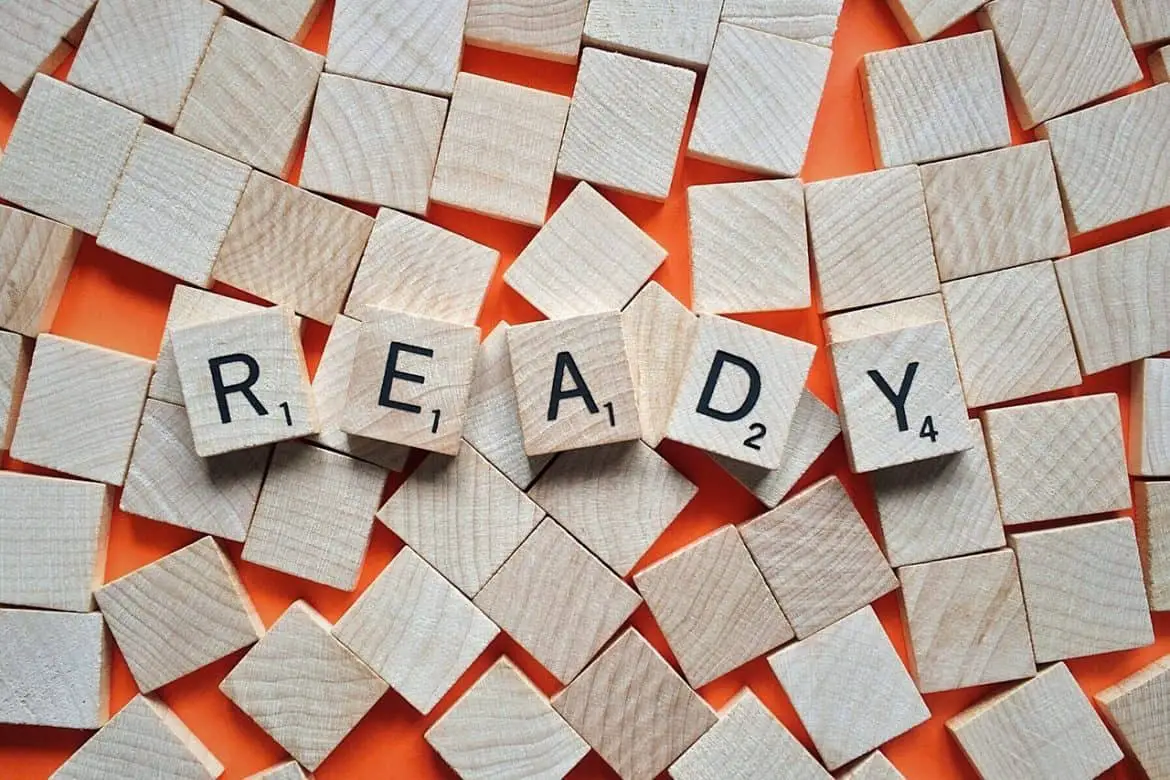
Personal preparedness means different things depending on who you are and what your situation is.
To an inhabitant of the Florida Keys, preparedness means having items to outlast a hurricane.
To a city dweller, preparedness might be having a can of mace in her purse. To a survivalist, preparedness might mean having a semi trailer loaded with M14 rifles buried in the back yard. Depending on the situation, any of these definitions might be appropriate.
Different people will have different preparedness priorities, but what is important is that they know how to identify and work toward achieving them
Personal preparedness means different things depending on who you are and what your situation is. To an inhabitant of the Florida Keys, preparedness means having items to outlast a hurricane. To a city dweller, preparedness might be having a can of mace in her purse. To a survivalist, preparedness might mean having a semi trailer loaded with M14 rifles buried in the back yard. Depending on the situation, any of these definitions might be appropriate.
Personal preparedness is simply knowing what dangers are likely to befall you and taking reasonable precautions to avoid or survive them. In today’s modern world, insurance is a required item. No one laughs at a car owner that buys a full coverage policy for his or her car. As a matter of fact, a driver that fails to insure their car is looked upon as irresponsible, sometimes even criminal. The same thing can be said about homeowner’s or renter’s insurance, life insurance, and health insurance. Today people take out money for retirement in the form of IRA’s, 401K’s, mutual funds and the like. No one faults them.
Why is it then that someone who has a pantry of stored food, candles, a rifle or two, and ammunition for them is considered crazy or dangerous? Isn’t it a logical extension of the doctrine of insurance? After all insurance is merely a device to lessen the extent a disaster has on your life. If having an extra insurance policy for break-ins is smart, then the idea of someone breaking into your home is possible. If it is likely that someone might break into your home, then having a means to protect yourself is justified.
Each year natural disasters occur in the United States. When these occur, the news media rushes to the scene. It never fails that they show a relief organization van at the disaster site. Usually there is an interview with someone who is standing in line looking for help. The site is common; a desperate parent with a hungry child waiting for someone to give them some milk for their infant. Ratings soar and people feel sorry for this poor child. Consider this, areas prone to natural disaster are known. Floods happen on a regular basis. Places like Tornado Alley have been recognized and named. If the choice is made to live in an area like this and the basic precautions are not taken, then pity is not the logical emotion.
Irresponsibility on the part of the parent caused the child’s pain; it only takes a few extra seconds to grab a couple extra bottles of formula. Why didn’t they take this simple precaution” They probably paid the cable bill. Does that expense outweigh the measly cost of a gallon of bottled water” Organizations like the American Red Cross and the Office of Homeland Security suggest that each family have a few days of essential items to get them through an emergency. Doing this is not hard nor does it have to be expensive.
No one says that preparedness means having a years supply of freeze dried steak in a concrete storage bunker. Simply buying a can or two of extra food every time you go shopping is enough. Buy an extra box of garbage bags, some extra toilet tissue, or any item you have to have. Store it in a box under the bed, or in the closet. In hardly any time at all, you will soon have a store pile that will give you not only an added measure of security, but also a sense of well-being. Rotate this stock out. As you eat a box of macaroni, buy another. Forget that you have four boxes on your kitchen shelf. This causes you not to feel over burdened financially to support your prepared lifestyle. It also keeps your store fresh. An added benefit is that your safety net is familiar to you. In the stressful time of disaster, you don’t have the added stressor of eating unfamiliar foods chosen not by your appetite, but by their shelf life. It is easy to lecture on what items are needed. Lists of essential items depend on lifestyle and location as much as physical needs.
It would be irresponsible to dictate what equipment your family would need to survive without knowing you or your situation. You must sit down and decide what your family’s priorities are, and from that list correlate your family’s needs. It is not important what others say or think of you. It is not even recommended to tell your neighbors you find the need to be prepared for life. Does it matter if they think you are crazy for stocking up added groceries? Will it matter if your children or spouse suffer because you want to keep the good graces of the people 2 doors down?

